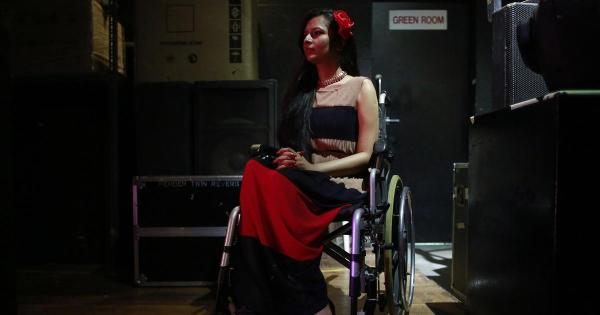

For most people, walking, seeing, and hearing are natural, untaxed parts of everyday life. You do not get taxed for turning the page of a book, crossing the street or listening to a conversation.
Yet in India, persons with disabilities are effectively taxed for those very same rights to mobility, communication, and independence. The Goods and Services Tax rate of 5% on disability aids and rehabilitation services is not merely an economic burden – it is a structural injustice that has persisted far too long in our tax system.
To put it plainly: this is the equivalent of taxing someone for walking, seeing or hearing. Assistive devices – wheelchairs, crutches, hearing aids, Braille paper, screen readers – are not luxuries. They are fundamental enablers of daily life, education and employment. Taxing them undermines the very idea of equality.
Households with a member with disability already face much higher living costs than others. Global research shows they require at least17% more income to maintain the same standard of living. When the additional costs of disability are properly accounted for, poverty rates nearly double.
In India, this strain is compounded by the absence of accessible infrastructure and the prohibitive cost of assistive devices and rehabilitation services. For many families, the GST...
Read more